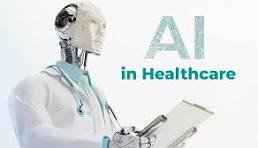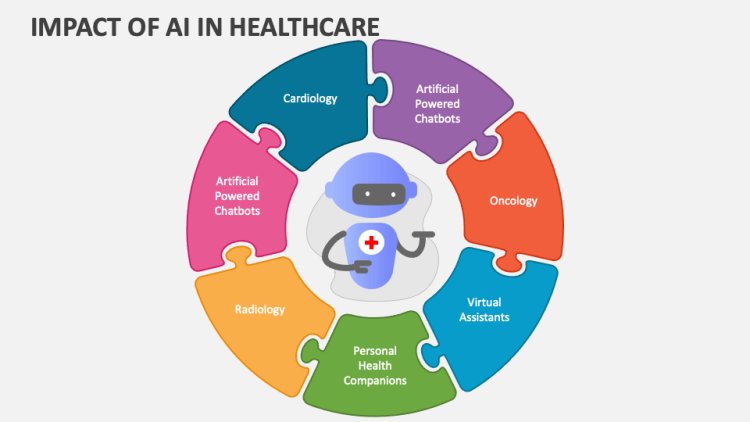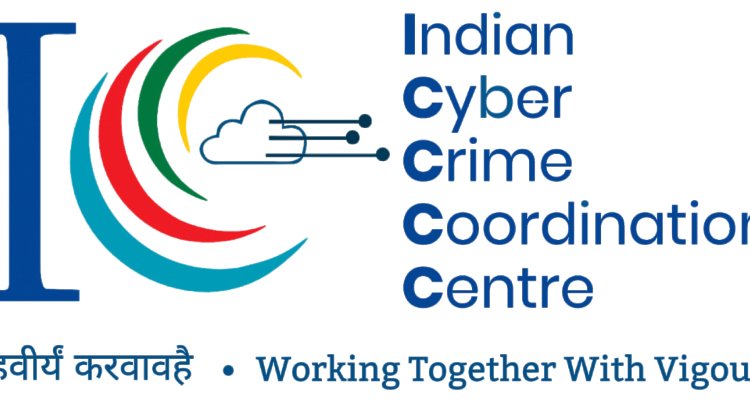How AI is Transforming the Healthcare Industry — and the Challenges Ahead
“AI in Healthcare: Revolutionizing Medicine and the Roadblocks That Lie Ahead”
Artificial Intelligence (AI) is revolutionizing healthcare, reshaping how we diagnose diseases, deliver treatments, and manage patient data. From predictive analytics to robot-assisted surgeries, AI is no longer a futuristic concept—it’s a clinical reality. But as hospitals and health-tech startups embrace AI-driven innovations, several ethical, legal, and operational challenges loom large.

The Power of AI in Healthcare
1. Early Diagnosis and Predictive Analytics
AI models can detect diseases at an early stage, sometimes before symptoms appear. Tools like IBM Watson and Google DeepMind have shown how algorithms can analyze medical images, genetic data, and even voice patterns to predict diseases such as cancer, Alzheimer’s, or Parkinson’s.
2. Personalized Treatment Plans
AI helps doctors design customized treatment paths based on patient history, genetic data, and lifestyle. This approach—known as precision medicine—reduces trial-and-error and improves treatment outcomes.
3. Virtual Health Assistants and Chatbots
AI-powered assistants help patients manage medications, track symptoms, and schedule appointments. These systems reduce administrative burdens on healthcare staff while improving patient engagement.
4. Drug Discovery and Clinical Trials
AI is accelerating drug discovery by analyzing massive datasets to identify potential compounds faster. Platforms like BenevolentAI and Insilico Medicine have significantly reduced the time needed for preclinical research.
5. Administrative Efficiency
AI automates billing, insurance claims, and record management, reducing human error and freeing up time for patient care.
The Challenges on the Road Ahead
1. Data Privacy and Security
AI thrives on data—but healthcare data is among the most sensitive. Ensuring compliance with data protection laws (like India’s DPDPA, HIPAA, or GDPR) remains a pressing concern, especially when third-party AI vendors are involved.
2. Bias and Fairness in AI Models
If training data lacks diversity, AI can produce biased results—potentially endangering lives by underdiagnosing certain demographics. Building inclusive datasets is critical for equitable healthcare.
3. Explainability and Trust
Doctors and patients often find it difficult to trust AI systems when decisions are made by “black-box” algorithms. Explainable AI (XAI) is essential to bridge the trust gap.
4. Regulation and Accountability
Who is responsible if an AI system misdiagnoses a patient—the developer, the hospital, or the doctor? Policymakers are still grappling with these questions, and the lack of clear regulations slows AI adoption.
5. Skill Gap and Infrastructure
Many healthcare professionals lack training in AI-based tools, and smaller clinics may not have the digital infrastructure to adopt these technologies.
AI’s Role in Revolutionizing Healthcare Delivery
Artificial Intelligence is not just enhancing hospital efficiency—it’s redefining how care is delivered across urban and rural landscapes. In India, AI-powered diagnostic tools are helping detect tuberculosis, diabetic retinopathy, and cancer at an early stage, even in resource-limited settings. Startups and research institutions are leveraging AI algorithms to read X-rays and CT scans faster than human experts, ensuring timely intervention where specialist availability is scarce.
Telemedicine platforms integrated with AI-driven symptom checkers are bridging the gap between patients and doctors, especially in tier-2 and tier-3 cities. Moreover, the integration of AI in wearable devices enables real-time health monitoring—alerting users and doctors about irregular heartbeats or potential medical emergencies.
As the government pushes initiatives like the Ayushman Bharat Digital Mission, AI is emerging as the backbone of predictive public health management. Yet, with great potential comes the responsibility to manage data privacy, accuracy, and accountability—marking the next major challenge in healthcare’s digital evolution
The Future of AI in Healthcare
The next decade will see AI becoming more transparent, interoperable, and human-centric. Integration with IoT devices, blockchain for secure health records, and AI-driven telemedicine will redefine the patient experience. But to truly harness AI’s power, we must address its ethical, legal, and social implications with equal urgency.
Conclusion
AI holds the promise of making healthcare more accessible, affordable, and accurate—but technology alone cannot heal. The human touch, ethical governance, and trust-building will remain the backbone of an AI-driven healthcare ecosystem.
What's Your Reaction?

























